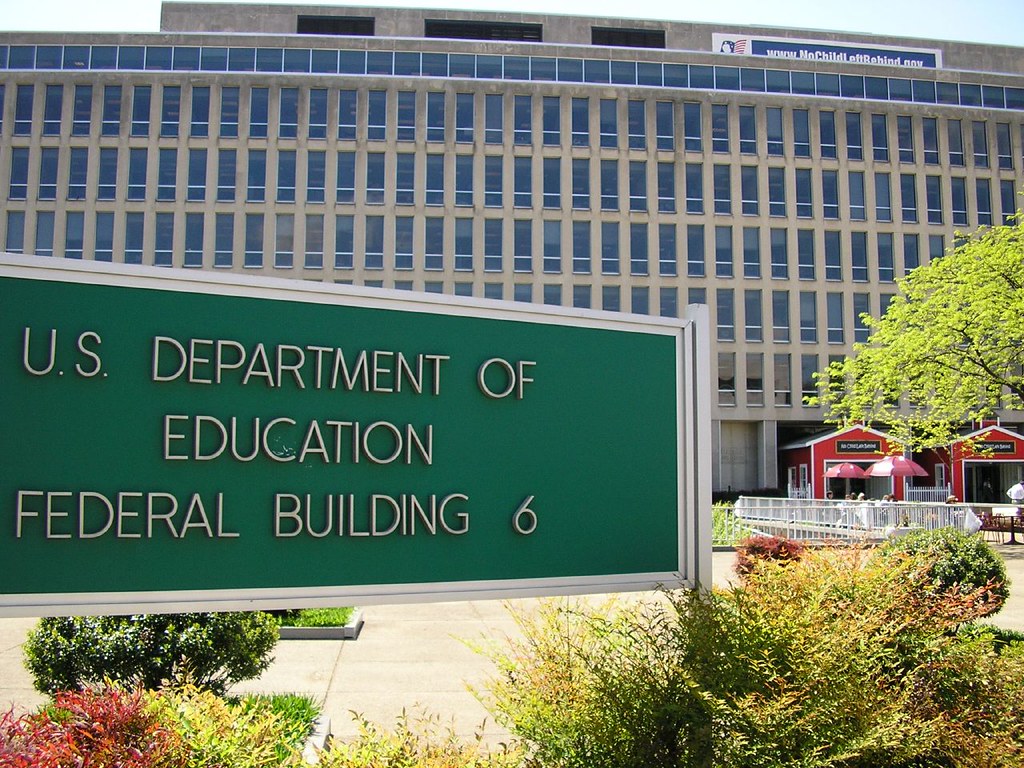Israel now believes the chances of a new nuclear deal being signed by Iran and the West are “slim to none,” according to Israeli diplomatic officials.
“The possibility that the sides will sign a deal in the foreseeable future is shrinking exponentially,” the officials told Israeli daily Israel Hayom.
Until a month ago, the prevailing assessment in Israel diplomatic and security circles was that the United States and Iran would indeed reach an agreement. This belief was based on the U.S. administration’s enthusiasm for a return to the 2015 Joint Comprehensive Plan of Action (JCPOA) nuclear deal with Tehran, to which many current administration members were signatories.
During the negotiations in Vienna surrounding a return to the 2015 agreement, which the United States unilaterally exited in 2018 under President Donald Trump, Washington has made numerous concessions to Iran, prompting two senior members of the U.S. negotiating team to resign. Since the U.S. exit from the JCPOA, reports note that Tehran has greatly accelerated its nuclear program.
A draft version of a new agreement had already been submitted, and it appeared likely that a signing date would be announced soon after the parties last left Vienna. However, instead of announcing either acceptance or rejection of the draft agreement, Iran set out a number of new conditions, including a demand that the United States remove the Islamic Revolutionary Guards Corps from its list of foreign terrorist entities.
Washington considered acquiescing to the request, but that sparked pushback. High-ranking Democrats took a stance against the step, and the Jewish Institute for National Security of America (JINSA) signed 45 American generals to a petition opposing the idea. Israel, too, campaigned against the concession. Israeli Prime Minister Naftali Bennett and Foreign Minister Yair Lapid issued a rare statement opposing the move, and Bennett repeated Jerusalem’s position in a phone conversation with U.S. President Joe Biden. Bennett’s diplomatic adviser Shimrit Meir also held a series of meetings with high-ranking officials in the U.S. administration.
Israel Hayom has learned that in addition to the official talks in Vienna, the Iranians and the Biden administration were in under-the-radar contact. One option raised in an attempt to bridge the gap was to keep the IRGC’s Quds Force on the U.S. list of terrorist entities, while removing the IRGC as a whole. However, these quiet talks failed, and Iran even laid out new demands.
Given that both sides are digging in their heels, Israel now thinks the new deal is dead in the water.
“Iran is making more and more demands, and the United States is facing domestic difficulties, so the more time passes, the less chance there is of a deal,” said one Israeli diplomatic official.
This week, Israeli National Security Adviser Eyal Haluta headed to the United States for a round of meetings. A high-ranking functionary told Israel Hayom that the purpose of Haluta’s trip is to coordinate for a scenario in which no nuclear deal is signed.
Israel expects that the United States and the other signatories to the original deal will now step up diplomatic and economic pressure on Iran to force it to halt its progress toward nuclear weapons and check its regional aggression.
Along those lines, White House Press Secretary Jen Psaki told reporters this week that Iran’s breakout time to a nuclear weapon is now “just a few weeks or less.”
The rapid progress Iran had made “definitely worries us,” she said.
The spokeswoman reiterated an assessment shared earlier by U.S. National Security Adviser Jake Sullivan, who said Iran’s progress “is a direct impact of pulling out of the nuclear deal, making us less safe, giving us less visibility. And it’s one of the reasons we pursued a diplomatic path, again, when the president took office.”
Psaki added that the White House briefs Israel “regularly” on the negotiations around a possible return to the deal.
Earlier this week, Sullivan met in Washington, D.C., with his Israeli counterpart, Hulata. The two discussed “a range of regional and global security issues,” according to a White House statement.
“Mr. Sullivan emphasized that the United States is attuned to Israel’s concerns about threats to its security, including first and foremost from Iran and Iranian-backed proxies. They agreed to further enhance the ongoing coordination through the U.S.-Israel Strategic Consultative Group and strengthen security and diplomatic cooperation wherever possible with other regional partners,” the statement said.
“They committed to continue their close coordination on the range of security issues of importance to both the United States and Israel, and they look forward to President Biden’s visit to Israel in the coming months,” the statement continued.
The Israeli officials emphasized that while a new nuclear deal was not off the table completely, the working assumption was now that there won’t be one. The officials expressed satisfaction at the development. Earlier this week, Lapid told members of the press that he “wouldn’t be sorry” if no new Iran deal were signed.











